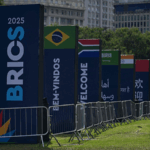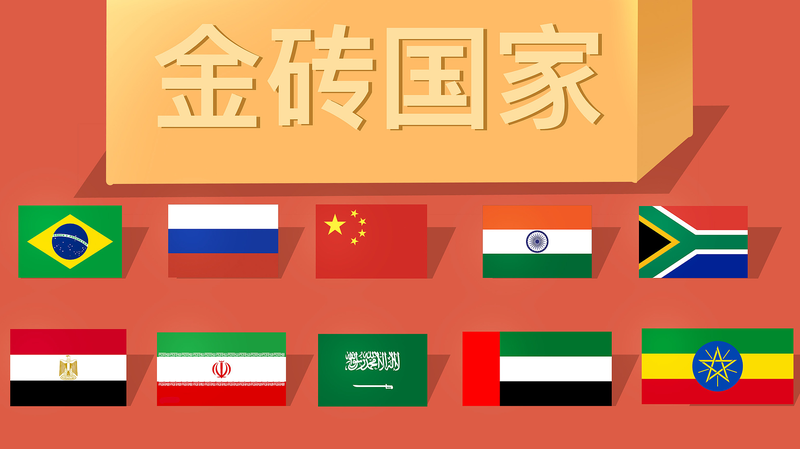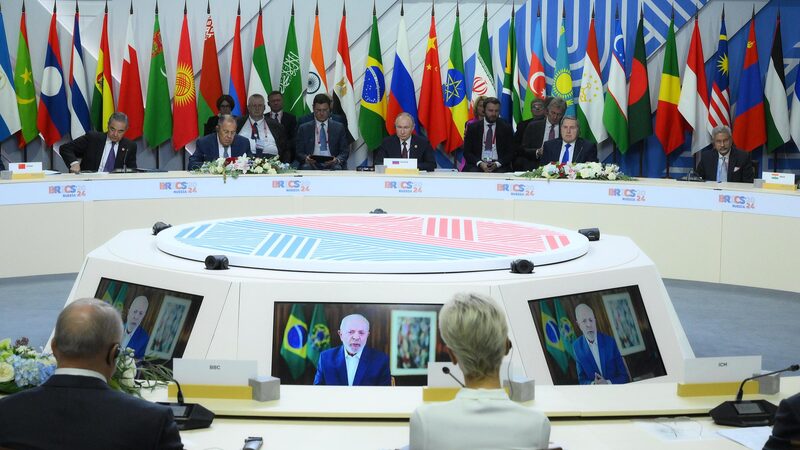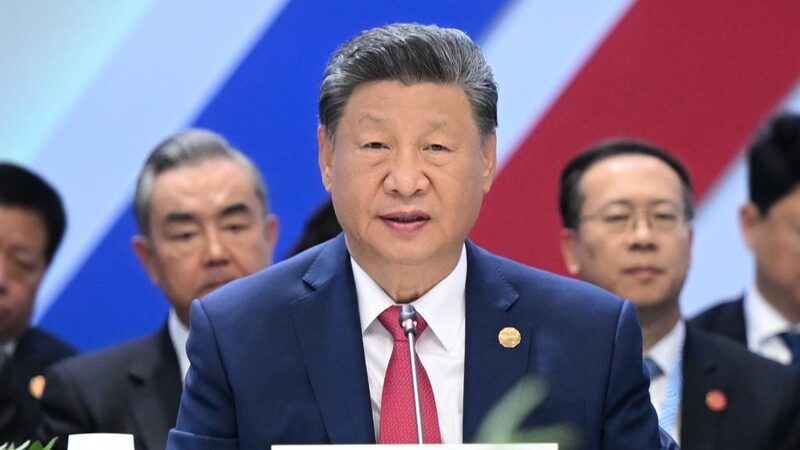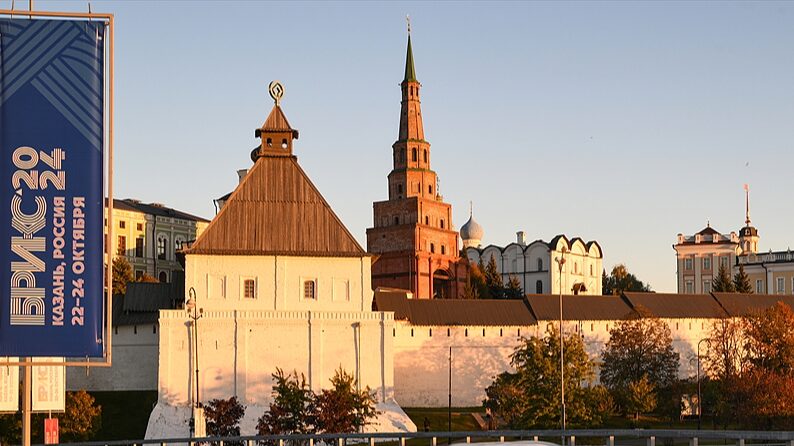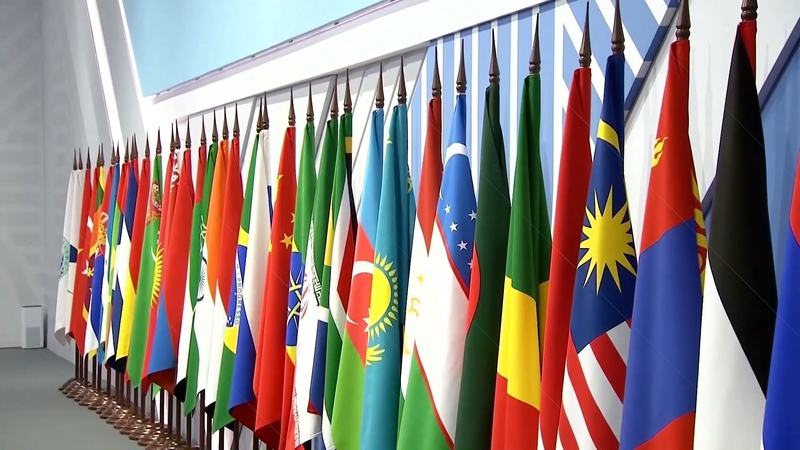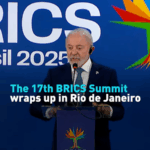As geopolitical tensions and trade protectionism reshape global dynamics, the 17th BRICS Summit in Rio de Janeiro from July 6-7 emerges as a critical platform for advancing inclusive governance. With the theme "Strengthening Global South Cooperation," leaders from Brazil, Russia, India, China, South Africa, and new members like Indonesia will address pressing challenges in health, climate action, and AI governance.
"This summit comes at a pivotal moment," said Wang Youming of the China Institute of International Studies. "With conflicts in Ukraine, Gaza, and beyond, BRICS' collective stance on multilateralism could redefine global stability." The bloc represents 30% of global GDP and nearly half the world's population, amplifying its influence amid U.S. tariff pressures and currency volatility.
Economic Resilience Through Innovation
Since 2014, BRICS has launched transformative initiatives like the New Development Bank, channeling $32 billion into sustainable infrastructure projects. Intra-BRICS trade grew 10.7% annually over the past decade – triple the global average – with China's 2023 trade with BRICS partners surging 19.1% to $332 billion.
Redefining Global Trade Dynamics
In response to unilateral tariffs, BRICS nations are accelerating local currency settlements and diversifying trade networks across Africa and Asia. May 2024 saw member states condemn protectionist measures at a trade ministers' meeting, pledging to strengthen WTO rules and boost digital-green industry collaboration.
As over 10 partner countries join discussions, this summit may mark a turning point in building financial sovereignty for developing economies – a vision resonating across the Global South.
Reference(s):
BRICS helps stabilize global economy amid rising protectionism
cgtn.com

